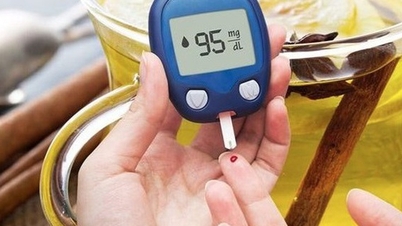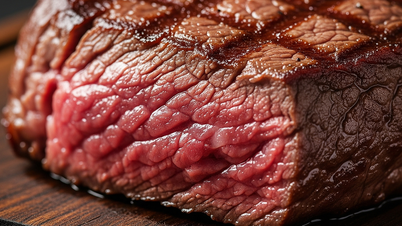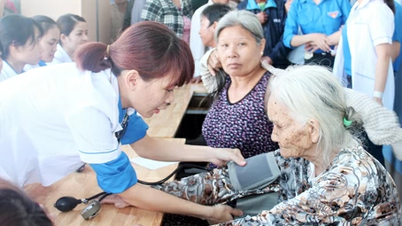Is it good for diabetics to eat potatoes?
People with type 2 diabetes (or any type of diabetes) are generally advised to avoid foods with a high GI. The argument is that such foods make it harder for the body to control blood sugar levels. Therefore, since potatoes have a high GI (fried potatoes can have a GI of up to 75, while boiled potatoes have a GI of around 65), they can be harmful to people with diabetes if consumed in large quantities.

Illustration
That doesn't mean people with diabetes should avoid potatoes altogether, however. In fact, in a study that examined overnight blood sugar control in type 2 diabetics, participants who ate a meal of unpeeled potatoes had a lower overall overnight blood sugar response compared to those who ate basmati rice, a low-GI carbohydrate food.
Based on this, one can conclude that potatoes can be good for people with type 2 diabetes. If eaten in moderation, they can be the perfect addition to a patient's healthy diet.
What is the best way for diabetics to eat potatoes?
Because of their high GI, eating potatoes can quickly raise blood sugar levels, especially if not eaten with other foods.
To help slow down the absorption of glucose and stabilize blood sugar levels, diabetics should combine them with low GI foods, such as non-starchy vegetables, fiber, lean protein or healthy fats. This not only helps balance blood sugar levels after meals but also contributes to increased satiety, helping to control weight effectively.
Some ways to prepare potatoes for diabetics include baking, boiling, and steaming. Avoid any cooking methods that require a lot of fat, such as fried potatoes. Fat tends to counteract some of the nutritional benefits that potatoes may have.

Illustration
What happens if diabetics eat potatoes the wrong way?
Increases the risk of hypoglycemia
When people with diabetes consume potatoes with a high glycemic index, their blood sugar levels can rise rapidly. This is especially dangerous for people taking insulin or other blood sugar-lowering medications, as it can lead to acute hypoglycemia, a medical emergency.
Cardiovascular dysfunction
Consuming French fries or potato dishes prepared with a lot of oil can increase the amount of saturated fat and trans fat in the diet. This not only increases the glycemic index but can also lead to increased bad cholesterol (LDL) and decreased good cholesterol (HDL), thereby increasing the risk of cardiovascular disease, especially in people with diabetes who are already at high risk.
Causes obesity
French fries and other potato-based foods are often high in calories. Without portion control, people with diabetes can consume too many calories, leading to weight gain and obesity, which can worsen diabetes-related health problems.
Increased risk of diabetic complications
Consuming too many potatoes, especially processed varieties like french fries or mashed potatoes, can cause frequent spikes in blood sugar, which in turn increases the risk of developing long-term complications of diabetes such as kidney disease, nerve damage and eye problems.
Source: https://giadinh.suckhoedoisong.vn/loai-cu-re-tien-quen-thuoc-cua-nguoi-viet-nguoi-benh-tieu-duong-an-theo-cach-nay-de-on-dinh-duong-huet-172240925140646535.htm


![[Photo] General Secretary To Lam works with the Central Policy and Strategy Committee](https://vphoto.vietnam.vn/thumb/1200x675/vietnam/resource/IMAGE/2025/5/28/7b31a656d8a148d4b7e7ca66463a6894)
![[Photo] Vietnamese and Hungarian leaders attend the opening of the exhibition by photographer Bozoky Dezso](https://vphoto.vietnam.vn/thumb/1200x675/vietnam/resource/IMAGE/2025/5/28/b478be84f13042aebc74e077c4756e4b)
![[Photo] Prime Minister Pham Minh Chinh receives a bipartisan delegation of US House of Representatives](https://vphoto.vietnam.vn/thumb/1200x675/vietnam/resource/IMAGE/2025/5/28/468e61546b664d3f98dc75f6a3c2c880)

![[Photo] 12th grade students say goodbye at the closing ceremony, preparing to embark on a new journey](https://vphoto.vietnam.vn/thumb/1200x675/vietnam/resource/IMAGE/2025/5/28/42ac3d300d214e7b8db4a03feeed3f6a)



























































































Comment (0)